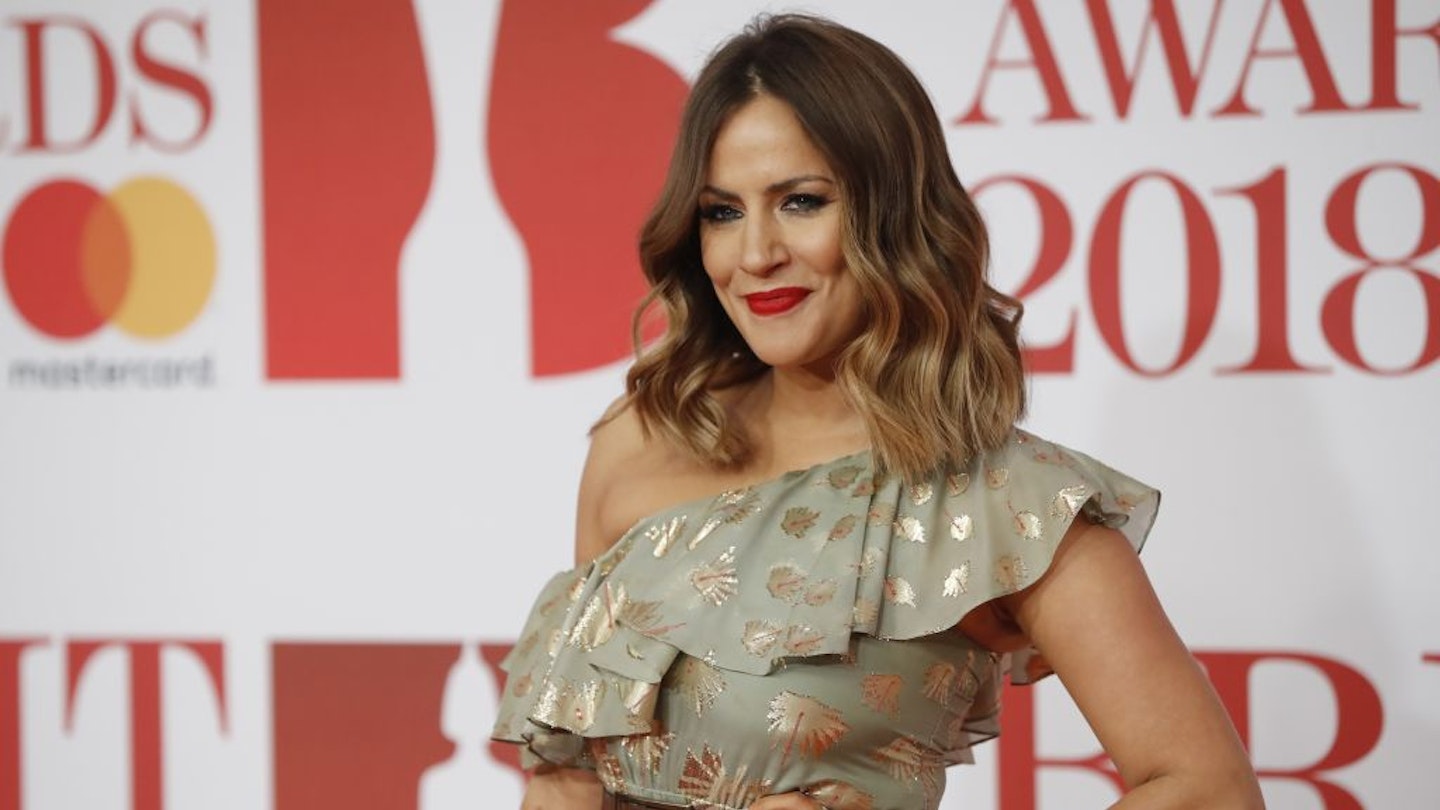It’s been a year since Caroline Flack’s sudden death, which sent shockwaves throughout Britain. Her last Instagram post, a meme which read ‘in a world where you can be anything, be kind’ inspired a nationwide moment of introspection. We were urged to think about the impact of our words and actions and to acknowledge that, often, we don’t know what is going on behind closed doors and cryptic headlines. The theme for Mental Health Awareness Week in May of 2020 was ‘kindness’ in the wake of Caroline's death. And, of course, the suggestion running through all of this was that we should be more careful and considered about what we post online.
I’m not here to argue with the sentiment of any of this. For most of us (particularly in lockdown) our online lives have become inextricably linked with the rest of our existence. Evidence shows being a victim of cyber bullying can increase your vulnerability to developing symptoms of clinical depression. It’s undoubtedly good sense, therefore, not to post anything about or to a person you wouldn’t say to their face.
Yet, like so many moments which begin with the best of intentions, somehow the message has become skewed. Over the past year, I’ve seen #BeKind used to avoid criticism and accountability by some of the most powerful and privileged, whilst vulnerable groups are still experiencing disproportionate amounts of online harassment and abuse.
Data compiled by amnesty international shows Black women are 84 percent more likely than White women to be disproportionately targeted online. Asian women face more ethnic, racial and religious slurs; whilst mixed race women experience abuse across all categories including sexism, racism, physical and sexual threats. According to the charity Glitch, which gives people tools to become better digital citizens, these problems have only intensified during lockdown, when we are more likely to spend time on social media. Trans model and activist Munroe Bergdorf recently deleted her twitter account, saying the app ‘isn’t safe for transgender people’.
It’s clear #BeKind hasn’t done anything to improve the online experiences of marginalised women.
Meanwhile, #BeKind has been entirely misappropriated to defend the privileged. A friend of mine was implored to #BeKind when she pointed out that a health influencer with a following amounting to hundreds of thousands was sharing potentially dangerous nutritional advice. Another friend was deemed not to have adhered to the #BeKind philosophy when she called out a celebrity for spreading widely debunked misinformation about COVID-19. Someone even suggested we should #BeKind to Piers Morgan and not voice our concerns about his seeming obsession with ridiculing and lambasting Meghan, Duchess of Sussex in front of his 7.7 million twitter followers.
I think I know what the problem is, here. We’ve confused being #Kind with being #Nice. Being kind is a worthy and admirable aspiration. ‘Nice’ is a different thing entirely. In fact, the accusation of not being ‘nice’ is a tool which has been used to shame and silence women for decades. If you’ve ever stuck your head above the parapet, stood up for what you believe in or challenged an injustice, the chances are you have also been told you aren’t very nice.
Nice women know their place. They know if they can’t say something ‘nice’ they should refrain from speaking at all. If your abiding concern is with being perceived as ‘nice’ (particularly in a globally connected world where, no matter who you are, you’re unlikely to be everyone’s cup of tea) you won’t achieve very much at all. Niceness is certainly the enemy of campaigning and activism, where I do most of my work.
I don’t think women should be encouraged to swallow their anger, or suffer inequality in the name of niceness. But I do think we should always strive to be as kind as possible.
Kindness, for me, often boils down to directing our indignation at the behaviour, or the consequences thereof, rather than the person. So, it’s not making your comments too personal, especially when you don’t know the whole story. It’s not making cruel comments about a person’s appearance, even if you think they deserve it. It’s resisting the urge to pile in on a subject you don’t really care that much about, but everyone’s discussing so you feel an obligation to add to the noise (see Ashley Dotty Charles’ brilliant book ‘Outraged’ for more on this). It’s understanding that behind each social media feed there is a human who might be flawed and problematic, but is also real. It’s calling people out on their actions or views in a way that leaves room for genuine evolution and progress and gives them the opportunity to make it right.
It is these elements of good online practice which should be the legacy of #BeKind.
NEED SOMEONE TO TALK TO?
This pandemic has been tough on us all. If you or someone you know is struggling with a mental health concern please click our map powered by Hub Of Hope to find the most relevant and readily available support near you, when you need it.
